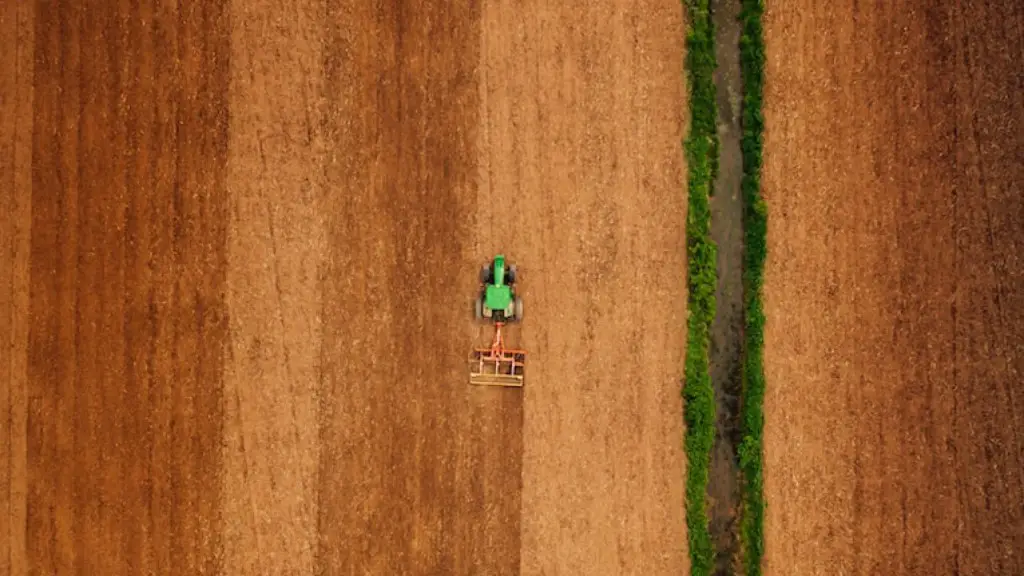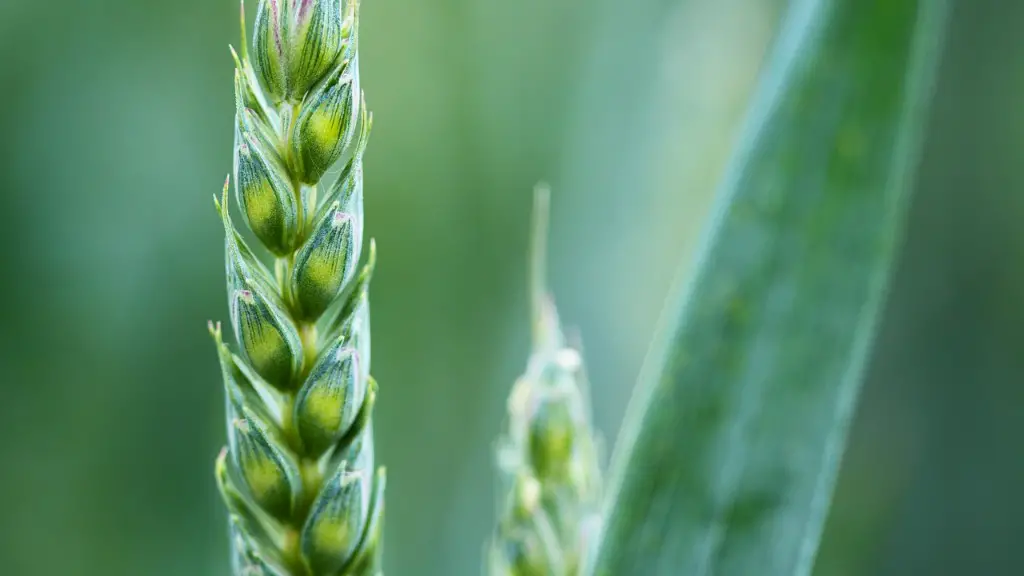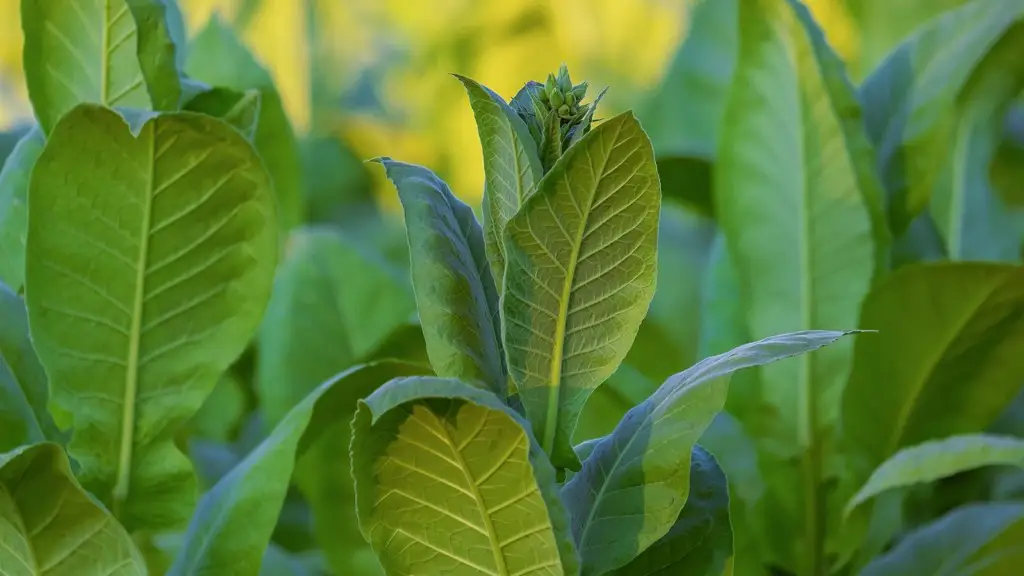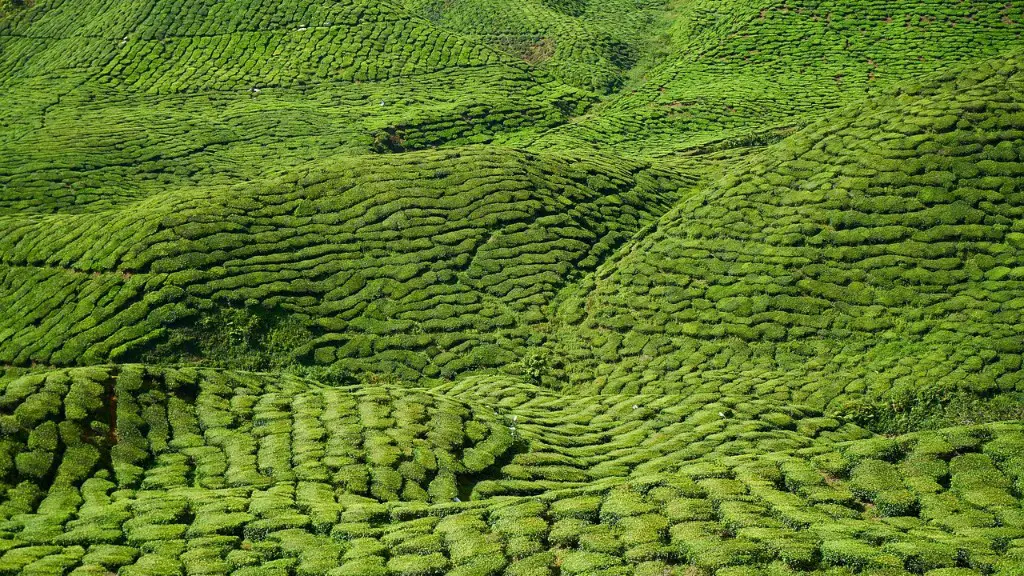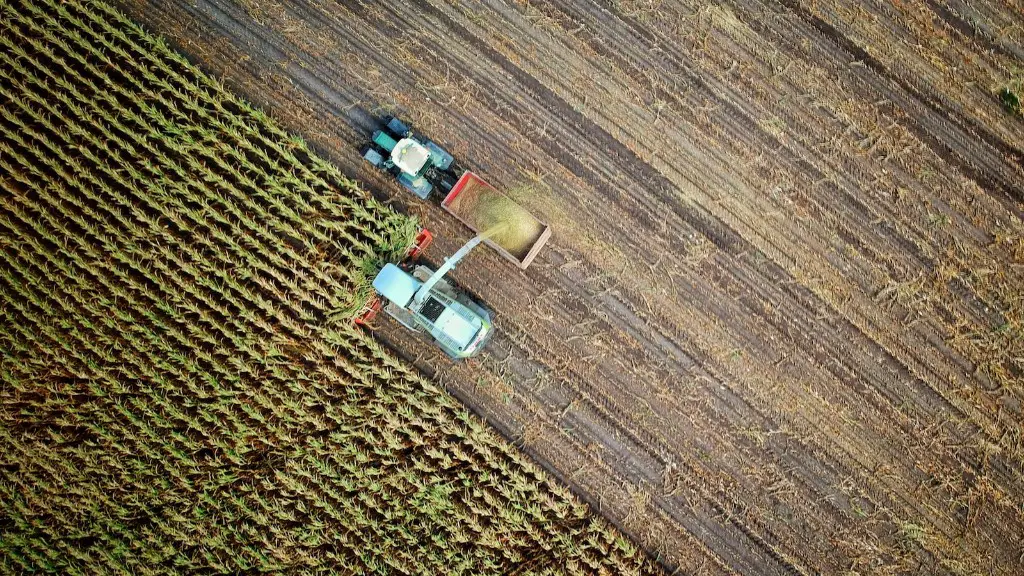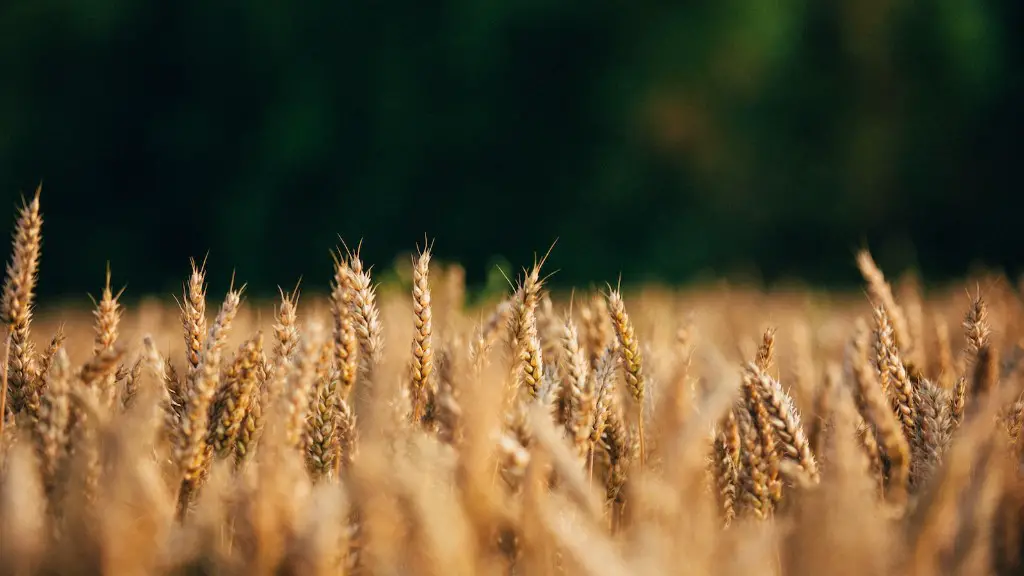People have been farming for millennia, and it is an essential part of human life. Yet, as our population has grown and our demand for food has increased, the way we produce our food has changed dramatically. Today, industrial agriculture is the norm, with large-scale operations that use harmful chemicals and focus on quantity over quality. This type of agriculture is not sustainable, and it is having a negative impact on our environment, our health, and our economy.
Sustainable agriculture is a more environmentally friendly and sustainable way to produce food. It uses less water and fewer chemicals, and it improves soil health. Sustainable agriculture is also more efficient, as it can actually increase yields while using less land. And, because sustainable agriculture is more local, it supports the economy and creates jobs.
There are many reasons why sustainable agriculture is so important. We need to adopt sustainable agricultural practices if we want to protect our environment, our health, and our economy.
There are many reasons why sustainable agriculture is so important. One of the most important reasons is that it is necessary in order to ensure that we have enough food to feed the growing population. With the world population projected to reach 9.1 billion by 2050, we simply cannot continue to deplete our resources at the current rate and expect to have enough food to feed everyone.
Sustainable agriculture is also important because it is more environmentally friendly than traditional farming methods. Sustainable farmers use techniques that minimize soil erosion and water pollution, two of the biggest environmental problems caused by agriculture. They also often use organic methods of farming, which means they do not use synthetic pesticides and fertilizers, which can pollute groundwater and damage ecosystems.
In addition to being more environmentally friendly, sustainable agriculture is also more economically sustainable. Small-scale sustainable farms are often more efficient than large industrial farms, and they are better able to withstand fluctuations in the market. Furthermore, sustainable agriculture creates jobs in rural communities, which can help to revive struggling economies.
Overall, there are many reasons why sustainable agriculture is so important. It is necessary in order to feed the world’s growing population, it is more environmentally friendly, and it is more economically sustainable.
Why is sustainable agriculture so important quizlet?
There are many advantages for farmers and the environment when it comes to using fewer inputs of water and fossil fuels. This can save money and cause less environmental damage. Soil is not degraded and may be enhanced, less use of toxic chemicals benefits the environment, and more genetic diversity is preserved.
When agricultural operations are sustainably managed, they can have a number of benefits for the environment. For example, they can preserve and restore critical habitats, help protect watersheds, and improve soil health and water quality. WWF works to identify and implement better management practices for agriculture in order to help achieve these goals.
What is the importance and future of sustainable agriculture
Sustainable agriculture is an important part of the solution to climate change. It can help reduce emissions from agriculture by increasing soil health and carbon sequestration, while also improving crop yields. When done right, sustainable agriculture can be a win-win for farmers and the environment.
Over the last half century, agricultural TFP growth has been a major driver of poverty reduction, food security, and economic growth. It has also played a role in mitigating greenhouse gas emissions and biodiversity loss. Agricultural TFP growth has helped put money in farmers’ pockets and boosted rural economies.
What are 3 reasons why agriculture is important?
1. Agriculture is the main source of raw materials for industries.
2. Agriculture is important to international trade.
3. Agriculture plays a big role in a nation’s revenue.
4. Agriculture provides employment.
5. Agriculture is crucial to a country’s development.
6. Agriculture can help heal the environment.
7. Agriculture goes hand-in-hand with war.
8. Agriculture is a big part of the economy.
9. Agriculture is a way of life for many people.
10. Agriculture is important to the world.
The goal of sustainable farming is to provide accessible, wholesome food while ensuring the health of the land and practicing the wise use of resources. This type of farming generates economic stability for farmers, farmworkers, and farming communities.
What are the 3 benefits of green agriculture?
Sustainable agriculture has many advantages that benefit both the environment and the farmer. One advantage is the protection of the environment. Sustainable farming practices help reduce soil erosion and degradation of natural resources. They also improve air and water quality, increase biodiversity, and decrease carbon emissions.
Another advantage of sustainable agriculture is that it can help the farmer save money. For example, using cover crops can help reduce the need for chemical fertilizers and pesticides. In addition, sustainable agriculture can lead to increased yields and higher quality crops.
Overall, sustainable agriculture is a win-win for the environment and the farmer. It helps to protect the environment and can also lead to increased efficiency and profitability for the farmer.
The goal of sustainable agriculture is to protect and enhance the environment and natural resources while providing sufficient financial reward to the farmer to enable continued production and contribute to the well-being of the community. Sustainable agriculture must produce sufficient high-quality and safe food.
What are the pros and cons of sustainable agriculture
There are both advantages and disadvantages to sustainable agriculture. Some of the advantages include cost reduction, control of air and water pollution and soil erosion, biodiversity, and social equality. However, there are also some downsides to sustainable agriculture. For example, it can take a long time for farmers to carry out their farm operations.
Sustainability is key to ensuring that food and agriculture can continue to support a growing global population. The following five principles are essential to achieving a sustainable food system:
1. Increase productivity, employment and value addition in food systems
2. Protect and enhance natural resources
3. Improve livelihoods and foster inclusive economic growth
4. Enhance the resilience of people, communities and ecosystems
5. Adapt governance to new challenges
How do you explain sustainable agriculture?
Sustainable agriculture is an approach to farming that aims to protect the environment, aid and expand natural resources, and make the best use of nonrenewable resources. This type of agriculture often relies on traditional farming methods and techniques, as well as on modern technology and practices that aim to minimize the negative impact of farming on the environment.
Crop rotation is a vital agricultural practice that helps to keep soils healthy and improves pest control methods. Growing cover crops and intercropping also help to prevent soil erosion and replenish nutrients. Managing irrigation to reduce runoff is another practice that can help to prevent soil erosion.
What are positive impacts of agriculture
Agriculture impacts society in many ways, including: supporting livelihoods through food, habitat, and jobs; providing raw materials for food and other products; and building strong economies through trade.
In many parts of the world, agriculture is the primary source of income and livelihood for people. In addition to providing food for people to eat, agriculture also provides habitat for wildlife, and employment for people who work in the agricultural sector.
Raw materials from agriculture are used to produce food, but also many other products. For example, cotton from crops is used to make clothing, while wood from trees can be used to make furniture. Agriculture also generates a great deal of trade activity, and is therefore an important contributor to strong economies.
Without raw materials from agriculture, many industries would not be able to function. Agriculture is a vital part of the economy and provides many essential products.
What is the most important benefit of agriculture?
Other industries that rely on agriculture for raw materials include the textile industry, which uses cotton; the food processing industry, which uses wheat, corn, and other grains; and the forestry industry, which uses timber. Agriculture is also a source of renewable energy, with biogas and biodiesel being two examples.
agriculture can help reduce poverty by providing income and improve food security for the 80% of the world’s poor who live in rural areas. The World Bank Group is a leading provider of financing for agriculture.
Conclusion
Sustainable agriculture is so important for a variety of reasons. First, it is important for the environment. Sustainable agriculture practices help to conserve water and reduce pollution. They also help to keep soil healthy and promote biodiversity.
Second, sustainable agriculture is important for the economy. sustainable agriculture practices can create jobs and help to boost local economies. sustainable agriculture can also help to reduce our dependence on imported food, which can save money.
Third, sustainable agriculture is important for our health. Sustainable agriculture practices can help to produce food that is healthier and safer to eat. They can also help to reduce our exposure to pesticides and other harmful chemicals.
Overall, sustainable agriculture is important for the environment, the economy, and our health. It is a crucial part of creating a more sustainable future for all.
There are many reasons why sustainable agriculture is important. First, sustainable agriculture is necessary to protect our environment. Without sustainable agriculture, we would not be able to produce the food we need without causing irreparable damage to our ecosystems. Second, sustainable agriculture is necessary to ensure that we have a reliable food supply. With the population of the world continuing to grow, it is essential that we find ways to produce food in a way that does not deplete our resources. Finally, sustainable agriculture is important for the economy. Sustainable agriculture practices help to create jobs and support local economies.
